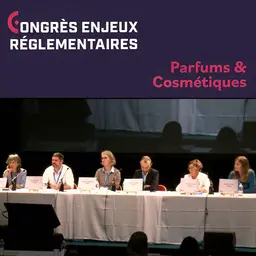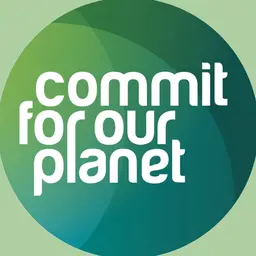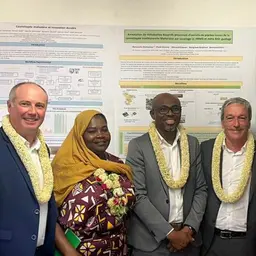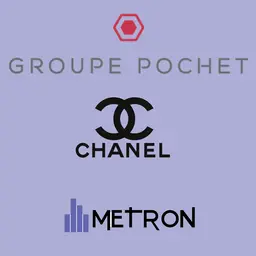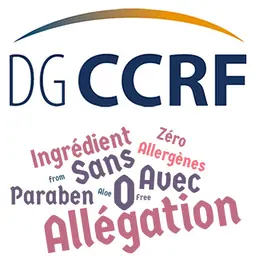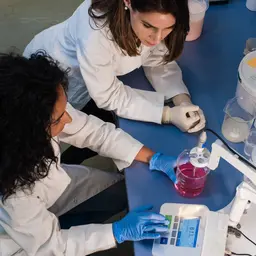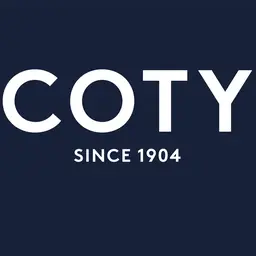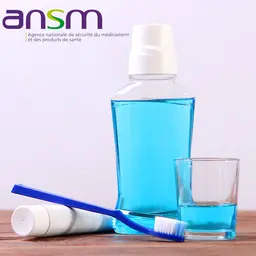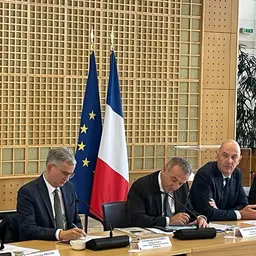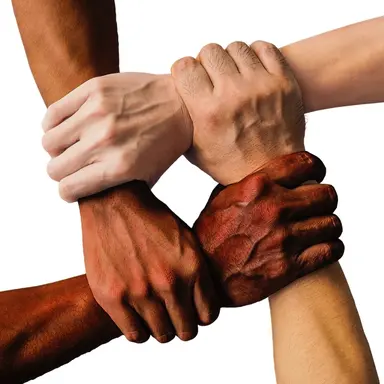
Faced with a changing society, the canons of beauty are changing in turn. However, these new aesthetics are not yet 100% represented in the media and in the cosmetics industry. To make things happen, Virginie Bapaume, director of the Ivy Agency event agency, created the Prix de la Beauté Plurielle. She spoke with Chantal Soutarson, founder of the Beauty Toaster podcast, during the 2019 Beauty Day organized by CEW France.
Chantal Soutarson: Basically, you were a blogger, tell us about the beginning of your career.
Virginie Bapaume: I started at Allociné where I was in charge of the advertising division for ten years and at the same time, I created a blog. It was aimed at all women and eventually grew. This project has therefore become essential for me. When I was younger, I grew up in the suburbs with women of all origins. It has always been a little strange for me, in the media or elsewhere, to always see only one physical type when we were all very beauty-consuming. So when I launched the blog, it was very important for me that it could reach both black girls and Asians. I wanted to touch everyone.
CS: It is in 2014 that you have the idea of the diversity workshops. How did this project come to mind?
VB: As the blog gained notoriety, I began to be invited to press events of brands I liked very much. I quickly noticed that among the invited bloggers, there was only one black girl (me), one Asian and one Maghrebian for every 30 Caucasian women. And yet, I knew girls from different ethnic groups who had the same activity as me. So I thought of organizing a workshop that could combine all this diversity so little represented and bring together girls of all origins, ages and morphologies around brands that addressed them.
CS: In 2017, you launched the Prix de la Beauté Plurielle. What does it consist of?
VB: This award is intended for brands that are inclusive in terms of products, services but also in terms of campaigns and awareness. For one evening, these brands are awarded a prize after their products have been tested by a jury of 30 readers. Journalists and influencers are welcome to increase the media reach. But above all, we invite consumers, because they are the ones who buy, but they never have the opportunity to meet the industry’s professionals. It is an event that allows for transparent exchange. After the awards ceremony, the brands gain in capital sympathy with increasingly loyal readers.
CS: Is it easy to convince brands to come back to the event?
VB: It’s not easy because they already need to be a little bit aware of this notion of diversity. The problem is that it is imperative to explain that all women are their consumers. The first step is always a little complicated, but 80% of the brands that follow us return in the following years.
CS: Do you feel that brands are more involved in terms of representing diversity?
VB: Yes and no. Some advertising campaigns will highlight a non-Caucasian muse, there will be a media investment and then…… nothing more! It is not enough to put a black or North African girl in the forefront to say that we are doing well in diversity. You have to commit more than that… and consumers are not fooled! Inclusiveness is not just a question of skin colour, what about disability?
CS: Do you think that more diversity in beauty can lead to a better acceptance of each other’s differences?
VB: Brands have such a striking force when they make media purchases, when they choose muses… that they define beauty codes with which we identify. Seeing the same type of profiles over and over again, it is normal that many women feel out of step or think they do not fit the beauty canons. Brands and journalists therefore have a major role to play in issues of self-esteem and self-confidence.
CS: For inclusiveness to become a standard, shouldn’t there be more diversity in beauty companies? In marketing, for example?
VB: To answer this question, I will simply quote the Editor-in-Chief of Teen Vogue: “to change a storytelling, you have to change the storyteller”, everything is said.

